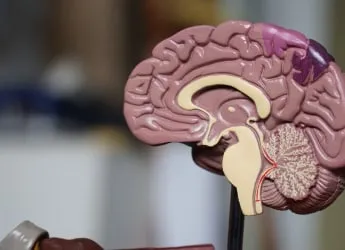New Study Reveals the Brain's Memory Storage Mechanism through Neuroscience Insights

Understanding Memory Storage through the Hippocampus
New research indicates that the brain stores at least three distinct copies of every memory, overturning the long-held belief that a single, modifiable version exists. Conducted on rodents, the study focused on the hippocampus, a critical brain region for memory and learning. Researchers discovered that neurons in this area create multiple memory copies, each varying in strength and stability, which could explain why and how memories change over time.
How Memories Are Encoded
The study highlights the complexity of memory formation within the hippocampus. Early-born neurons are responsible for the long-term retention of memories, forming a foundational copy that is critical for enduring recollection. Middle-ground neurons ensure the memory's stability, while late-born neurons, although strong at first, contribute to the more malleable aspects of memory that might be reshaped by new experiences or information.
Implications for Memory-Related Disorders
The findings carry significant implications for understanding and treating memory-related disorders. For instance, in conditions like PTSD, therapies could target late-born neurons to diminish the emotional impact of traumatic memories. Conversely, for those suffering from dementia, stimulating early-born neurons might help enhance memory retention, potentially slowing the progression of memory loss.
Future Possibilities
Understanding how different neuron groups contribute to memory storage opens new avenues for potential therapies. By selectively targeting the type of neuron involved in encoding a memory, researchers may eventually develop treatments that can either strengthen memory retention or enable the rewriting of painful memories. This study not only reshapes our understanding of memory but also lays the groundwork for future treatments that could revolutionize the management of memory-related conditions.
This article was prepared using information from open sources in accordance with the principles of Ethical Policy. The editorial team is not responsible for absolute accuracy, as it relies on data from the sources referenced.